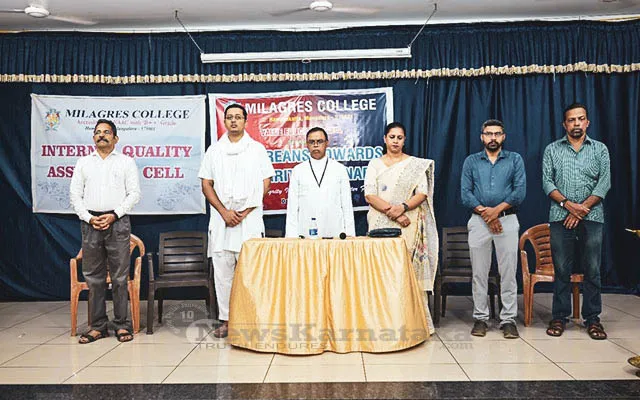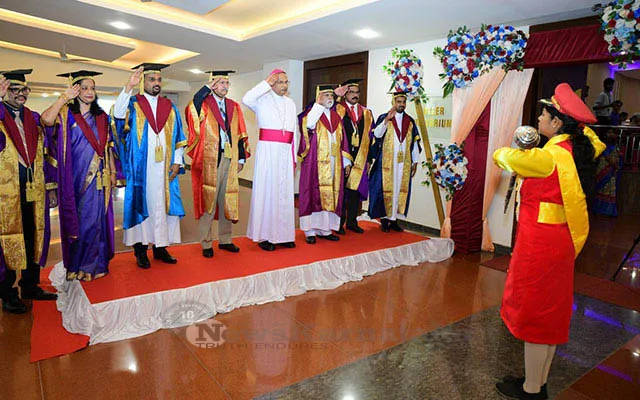Geneva: The World Health Organisation (WHO) began a two-day meeting of its emergency committee Wednesday to determine whether the current Ebola virus disease outbreak in West Africa is a public health emergency of international concern.
 WHO spokesperson Tarik Jasarevic told a press briefing at the UN Office in Geneva that the sole subject of the meeting of experts would be the Ebola epidemic in West Africa. It is the first time the emergency committee would discuss Ebola.
WHO spokesperson Tarik Jasarevic told a press briefing at the UN Office in Geneva that the sole subject of the meeting of experts would be the Ebola epidemic in West Africa. It is the first time the emergency committee would discuss Ebola.
“The idea is that the WHO director general is seeking an opinion of the emergency committee on whether the current outbreak represented a public health emergency of international concern,” Jasarevic said.
“If it does”, the spokesman said in response to a question, “then the committee would recommend to the director general of WHO to declare it a public health emergency of international concern and recommend appropriate temporary measures to reduce international spread” of the virus.
“We can’t speculate in advance what the committee members are going to decide in advance,” he said.
The agency is scheduled to hold a press conference with Keiji Fukuda, WHO assistant director-deneral for health security, in Geneva time Friday morning on the outcome of the meeting of the emergency committee, which might finish its work quite late at night Thursday, the spokesman said.
As of Aug 1, the number of Ebola cases stood at 1,603, including 887 deaths, in four countries – Guinea, Liberia, Nigeria and Sierra Leone. Human and financial resource mobilisation is being sought from WHO’s partners, UN agencies, and other stakeholders.
The Ebola Virus Disease Outbreak Response Plan in West Africa launched Aug 1 in Guinea is estimated at $100 million, with a funding gap of around $71 million to date.
According to the WHO, Ebola, formerly known as Ebola hemorrhagic fever, affects humans and non-human primates (monkeys, gorillas, and chimpanzees).
The origin of the virus is unknown, but fruit bats are considered the likely host.
Sudden onset of fever, intense weakness, muscle pain, headache and sore throat are typical signs and symptoms.
This is followed by vomiting, diarrhoea, rash, impaired kidney and liver function and in some cases, both internal and external bleeding.
The WHO says the incubation period, or the time interval from infection to onset of symptoms, is from two to 21 days. The patients become contagious once they begin to show symptoms. They are not contagious during the incubation period.
According to the WHO website on this issue, the responsibility of determining whether an event is within the category of “public health emergencies of international concern” (PHEIC) lies with the WHO director-general and requires the convening of a committee of experts called the International Health Regulations Emergency Committee.
This committee advises the WHO director-general on the recommended measures to be promulgated on an emergency basis, known as temporary recommendations, it said.


















